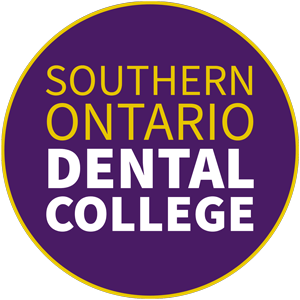About 40 percent of Canadians are dentophobic. This means they have a fear of seeing a dentist, otherwise known as dentophobia.
Thankfully, overcoming dental anxiety can be managed so patients can have a pleasant experience and take a step forward in having a healthy smile.
Let’s explore more about dentophobia.
What is Oral Anxiety?
Oral anxiety, or dentophobia, is having great anxiety about seeing a dentist. It could stem from an unpleasant experience, being afraid of drills, fearing pain, or more.
There’s a difference between being nervous about seeing a dentist and having a phobia. A phobia will interfere with your ability to physically go to the dentist’s office and could prolong certain treatments. A person who is nervous about a dentist visit will still show up for their appointment.
Symptoms of Dentophobia
There are several symptoms of dentophobia, though they may not all manifest:
- Skipping dental appointments
- Racing heartbeat
- Panic attacks
- Fainting
- Insomnia before your appointment
- Feeling sick
- Aggression
This is not an exhaustive list of symptoms, so you could have other symptoms appear.
How to Handle Dentophobia
You don’t have to let dentophobia stop you from having a healthy mouth and smile. Here are some ways to ease your oral anxiety.
1. Talk to Your Dentist
If you suffer from severe dental phobia, you’ll want to bring it to the attention of your dentist. Discuss with them some ways that you can have a smooth dental visit without suffering from anxiety symptoms.
Most dentists are familiar with patients who are dentophobic, and so they have treatments or methods used to help calm a patient.
Sometimes they might use general anesthesia to put a patient asleep during a visit. Another option they might suggest is using analgesia, which is a gas used to relax a patient. Your dentist will discuss these options with you before moving forward.
2. Get Professional Help
Another treatment option is to seek professional counseling. A counselor or licensed therapist can assist you in exploring the reasons for your fear and address them at the root cause. A typical tactic they use is called cognitive behavior therapy, which means they will help you consider the way you think about going to the dentist.
Also, they might be able to teach you some coping methods or even offer some anxiety medications to take before your appointments. Only a psychiatrist can prescribe medications.
3. Adopt Coping Methods
There are some coping methods that you can practice either before or during your appointment that might soothe your fears and keep you calm. You can do these on your own or your counselor might offer some suggestions:
- Deep breathing
- Distraction
- Muscle relaxation
- Meditation
It’s important to understand how all of these methods work before trying them. Some might work well, while others might not. Find what works best for you and keep at it!
Dentophobic No More
For the dentophobic, the fear is real and debilitating. Addressing these fears head-on is important and possible to have a healthy mouth.
Are you interested in learning more about dental college? Our team can help! Contact us to learn more about our dental program today!
